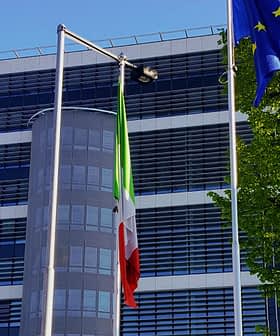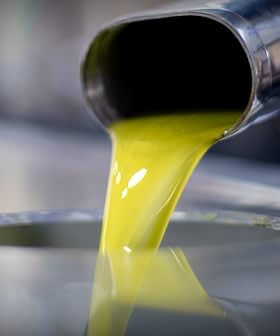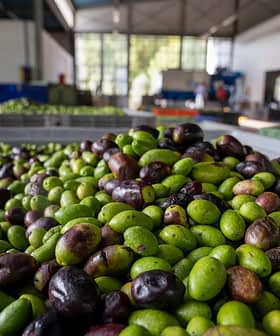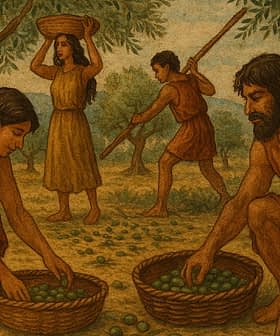EVOO Effective in Lowering High Blood Pressure
The University of California at Davis Olive Center’s second report in the “Olive Oil as Medicine” series recommends consuming extra virgin olive oil to lower high blood pressure, based on human studies published from 1998 through July 2015. The report found that daily consumption of at least two tablespoons of phenol-rich extra virgin olive oil can be effective in lowering blood pressure, with some participants even able to discontinue hypertensive medications after six months of consumption.
The second report in the series “Olive Oil as Medicine” by the University of California at Davis Olive Center recommends consumption of extra virgin olive oil to lower high blood pressure. The first report, published in March 2015, looked at the impact ofextra virgin olive oil on blood lipids and lipoproteins.
For the purpose of this latest report the authors, Mary Flynn and Selina Wang, looked at human studies published in PubMed carried out from 1998 through July 2015 on olive oil and its effect on high blood pressure and found only seven studies that met their stringent established criteria.
The first study, conducted in 2000, found that daily consumption of 40 to 30 grams ofextra virgin olive oil by 23 hypertensive individuals for six months was more effective in lowering blood pressure (both systolic and diastolic) than sunflower oil. In fact, 35 percent of the participants were able to discontinue their hypertensive medications after consumingextra virgin olive oil daily for six months.
The other studies found thatextra virgin olive oil with a high phenolic content was more effective in lowering either systolic or diastolic blood pressure in comparison to sunflower oil, soybean oil, or refined olive oil with low phenol content.
See Also:Olive oil as medicine: the effect on blood pressure
Only one other study conducted on young women with high blood pressure found that consumption ofextra virgin olive oil with high phenolic content for eight weeks was more effective in lowering both systolic and diastolic blood pressure than refined olive oil. This study further reported that phenol-richextra virgin olive oil was more effective in lowering blood pressure than that reported from a DASH study. The DASH (Dietary Approaches to Stop Hypertension) diet recommended consumption of about nine serving of fruits and vegetables daily to reduce blood pressure.
The DASH diet, effective in lowering blood pressure and LDL cholesterol levels in blood, is recommended for patients with high blood pressure in the US, where the incidence of high blood pressure or hypertension is particularly high.
According to the Centers for Disease Control and Prevention, high blood pressure affects one in three Americans. Making dietary and lifestyle changes could be effective in preventing complications that arise from high blood pressure such as increased risk of heart attack, stroke, chronic heart failure, and kidney disease.
In this latest report, the University of California Davis Olive Center aims to provide clinicians with practical advice backed by scientific evidence on the effectiveness of olive oil in lowering blood pressure.
The report summarizes that a daily consumption of at least two tablespoons of phenol-richextra virgin olive oil can be effective in lowering blood pressure. The authors recommend further research to determine specificextra virgin olive oil phenols that have blood pressure lowering effect.









